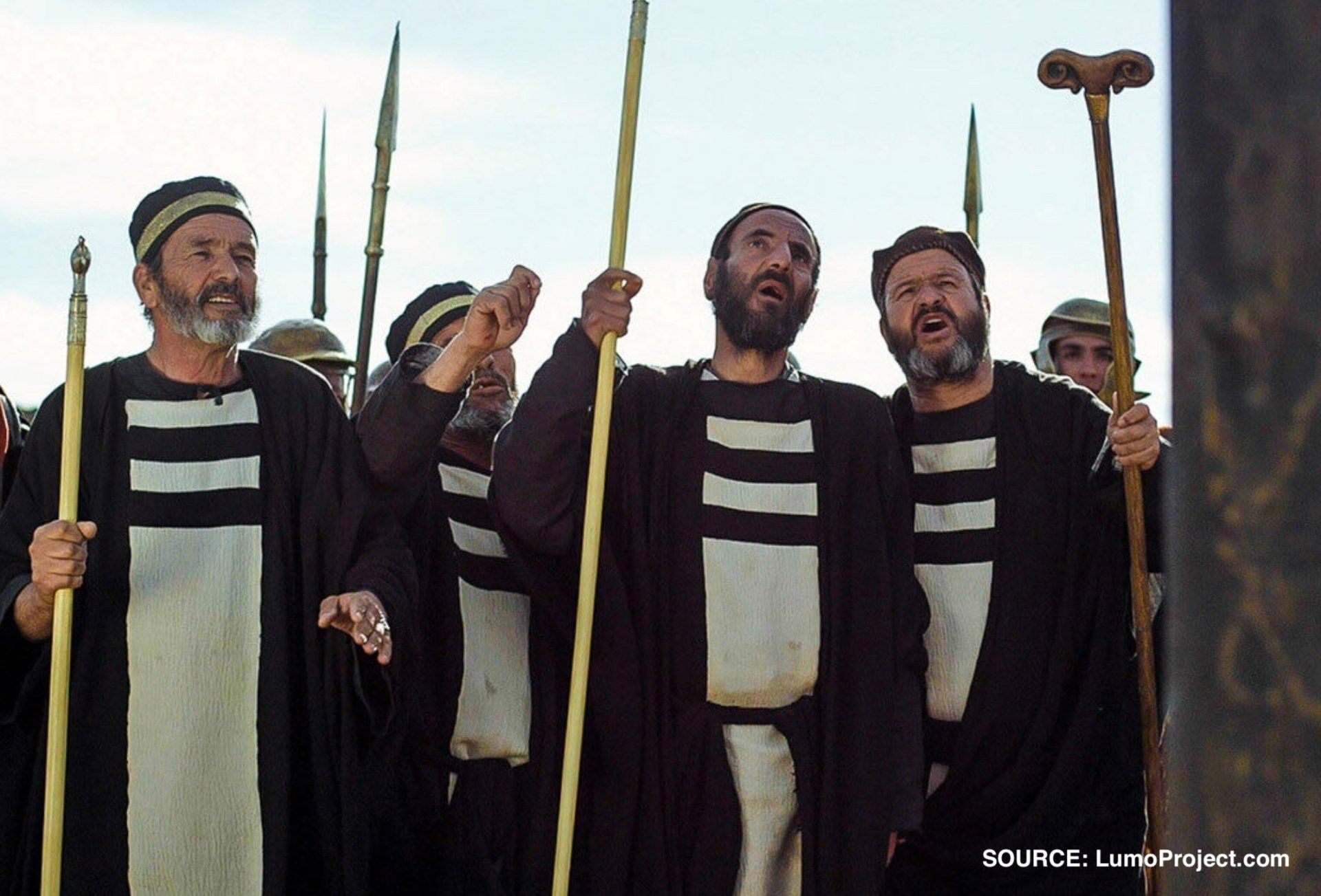Exercising Restraint to Fulfill Your Mission
A Serving Leadership Insight from the Life of Jesus Christ (Mark 15:26-32)
“The written notice of the charge against him read: The king of the jews….Those who passed by hurled insults at him, shaking their heads and saying, 'So! You who are going to destroy the temple and build it in three days, come down from the cross and save yourself!'” (See Mark 15:26-32 for full text)
In Mark 15:26–32, Jesus' crucifixion under the banner of “king” fulfilled his life purpose despite the tremendous irony and misunderstanding surrounding it. Fully aware of Jesus' innocence, Pilate, the Roman governor, placed a sign over his head with the inscription, “King of the Jews.” The proclamation legally justified the crucifixion considering that any king other than Caesar was high treason to Rome. The Jews, who desired a King to deliver them from the Romans, were highly offended at the title given their hatred and rejection of the Christ. Yet Jesus indeed was—and is—king of both the Jews and the Romans, despite their failure to acknowledge, support, or embrace him. By exercising remarkable restraint, Jesus fulfilled his mission with little or no recognition, approval, or acceptance. Serving leaders serve a higher purpose that has eternal ramifications regardless of current and temporal suffering.
KEY QUESTIONS: What would have been the outcome if Jesus had not exercised restraint on the cross? When do I struggle the most to exercise restrain? What is my higher purpose? How might others' approval or recognition prevent me from accomplishing my mission?















